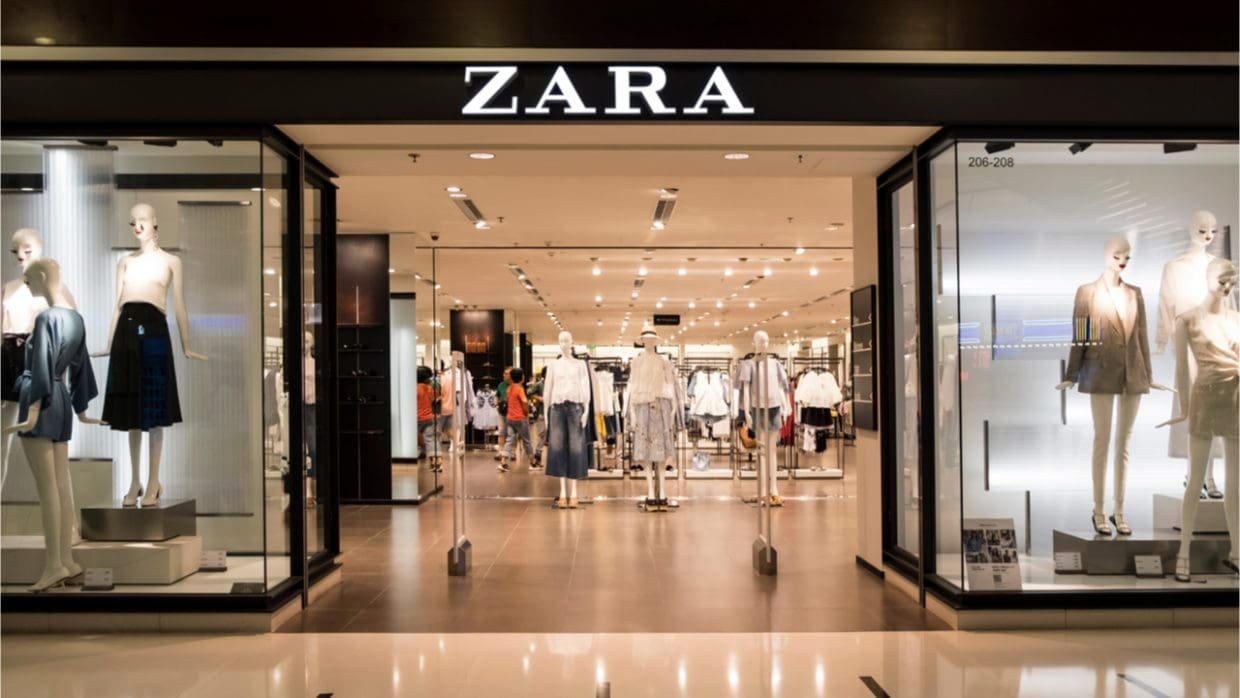Zara is one of the biggest fashion brands in the world, it was created in A Coruña (Spain) by Amancio Ortega in 1963 as “Confecciones GOA”. Ever since, the company has been able to grow expanding the company across the country, focusing on designing, producing and distributing their products, controlling the whole process.
His greatest success was the implementation of a new productive/distributive system called “fast-fashion” as it exponentially increases the number of seasons in a year. Zara decided to produce less than the number of items demanded by costumers increasing the desire as people value scarce products.
A decade later, driven by the national success, the company started his expansion worldwide with INDITEX, a fashion group that owns Zara among other brands.
What is the issue?
Zara is considered the pioneer of the system, they applied a Just-in-Time capable of reducing the timing of each collection and able to offer new ones in periods of 7 to 30 days.
Thus, Zara, must organize flexible and fast production chains, that are translated into competitiveness in the market, but also, has a downside because the “need for rapid response will lead to an intensification of the work of the factory workers in the face of the need to produce in shorter periods of time” The main problem is that this system generates a stress that appears in the directive and design department but affects specially the suppliers, as they are the ones who have to meet delivery deadlines with orders that sometimes are even impossible to achieve. All the pressure generated by fast fashion has a greater incidence in the factories were garments are produced.
The need for flexibility is translated into violation of human rights, poor working conditions, ridiculous wages for long working hours, incapacity to form unions and bargain, lack of injury insurance or even protection. The main causes of rights abuses regarding the retail sector are the application of fast-fashion techniques, and the race to achieve the smallest costs. Considering the sector´s dependency in manual work.
In the year 2002 Inditex recognized to have relocated 25% of its production to third countries since the produced thing was, at that time, three times cheaper than if it was made in the Galician workshops. Workforce is cheaper ,because of lack of labor regulations.
The scandals Involved
1.In 2011 Zara was “under investigation by Brazil’s ministry of labor after a contractor in Sao Paulo was found to be using employees in sweatshop conditions to make garments” .In that factory employees worked for 16 to 18 hours from Monday to Saturday, making 57-94£ a month, many of them where immigrants and there was a minor.
2. In 2013 the Rana Plaza building collapsed, the day before the building was evacuated due to cracks found in the building even thought managers and workers were aware of the dangerous condition of the building, garment factory workers were forced to return to the building threatened by their managers. That day there was a power failure and the building collapsed killing 1127 people and injuring 2437 .
3. In 2016 suppliers of Zara were implicated in having forced child labor, Syrian refugees working in their factories in Turkey . In ,Istanbul, the children at the age of 9 or below were forced to work 14 hours a day.
These are the evidence is that Zara and, in general, the retail sector is still involved is serious ethical issues related to violation of fundamental Human and labor rights.
What does Zara do as a result?
Multinational companies like Zara have to adopt and have adopted state-like roles and “engage in public health, education, social security, and protection of human rights because governments in countries like Bangladesh, Cambodia or Turkey are failing in their responsibility towards their citizens, not protecting workers and preventing abuses. In a second stage, companies like Zara should respect Human Rights by working with suppliers and unions and controlling the working conditions to make them comply to the Code of Conduct, and this is something that has been developed through years but still has a long way to go.”

